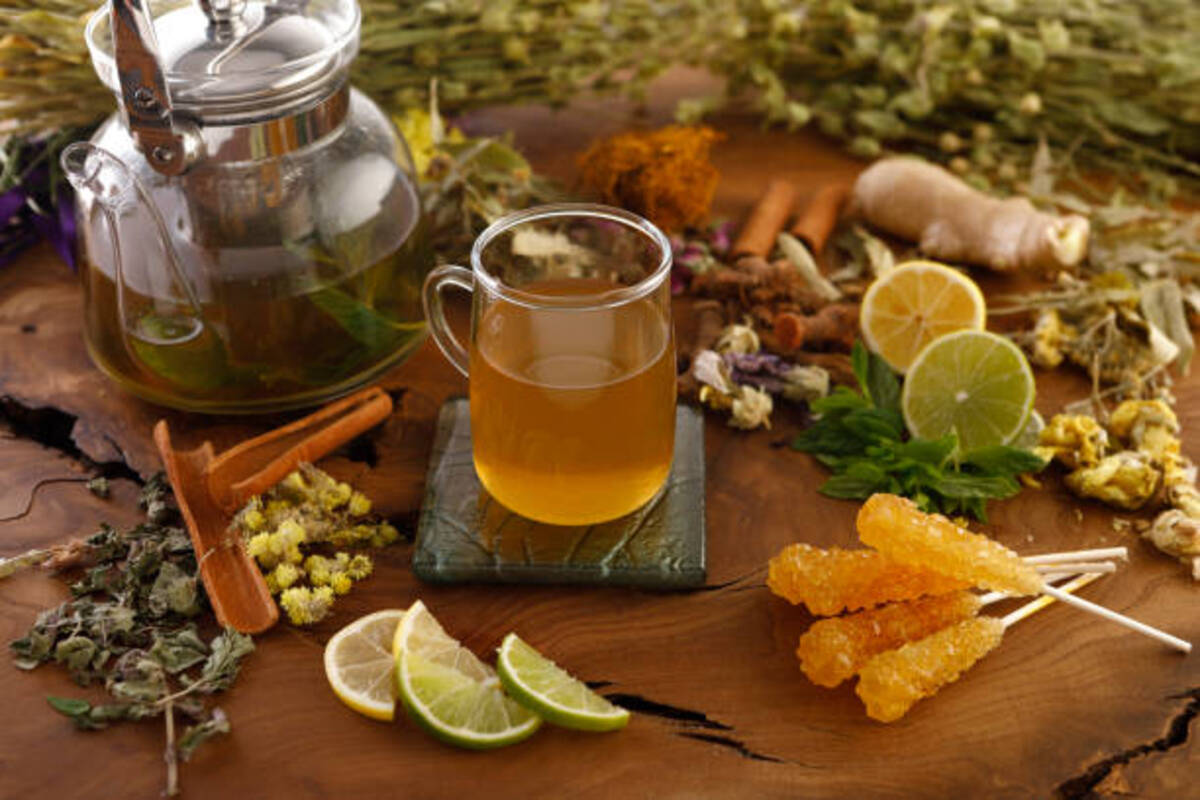Patanjali Vermicelli: A healthy, delicious twist to your favorite meals
Patanjali Vermicelli is made from high-quality wheat, offering a healthy, chemical-free alternative for creating delicious, nutritious meals that your family will love.
Fruits contain natural sugar in the form of sucrose, glucose and fructose.

Do you also love to eat sweet things? But then start thinking about your health and plan to avoid sweets. Then Need not worry and avoid sweets because we are back with some ideas from our idea box, and the special ingredient is a natural sweetener. All you need to do is just dig down and get them.
Raw honey is a sweet liquid prepared from flower nectar by the honey bee Apis Mellifica and is one of the oldest sweetening agents known to us. Honey was used as a natural sweetener even before refined sugar was introduced and came into use. Raw honey contains fructose and glucose as a separate entity, unlike sugar in which these monosaccharides are bound together.
Advertisement
Stevia is a powerful sweetener obtained from the leaves of the small perennial shrub Stevia rebaudiana Bertoni. The medical constituents present in Stevia are reported to show therapeutic action against high blood glucose, high blood pressure, inflammation, and tumours.
Advertisement
Sugar alcohols are low digestible carbohydrates, which occur naturally in fruits, vegetables, and mushrooms. Sorbitol, xylitol, maltitol, mannitol, erythritol, isomalt and lactitol are the most common sugar alcohols used as natural sweeteners.
Fruit in the form of fruit purees, real fruit jam, dried fruit can be used as a sugar alternative in most food items. Fruits contain natural sugar in the form of sucrose, glucose and fructose.
Dates have been used as a natural sweetener for a very long time. Rich in natural sugars, proteins, fibre, minerals, and vitamins, dates are considered to be wholesome sources of food.
Yacon syrup is another unique sweetener. It’s harvested from the yacon plant, which grows natively in the Andes in South America. It’s very high in fructooligosaccharides, which function as soluble fibres that feed the good bacteria in your intestine
Advertisement